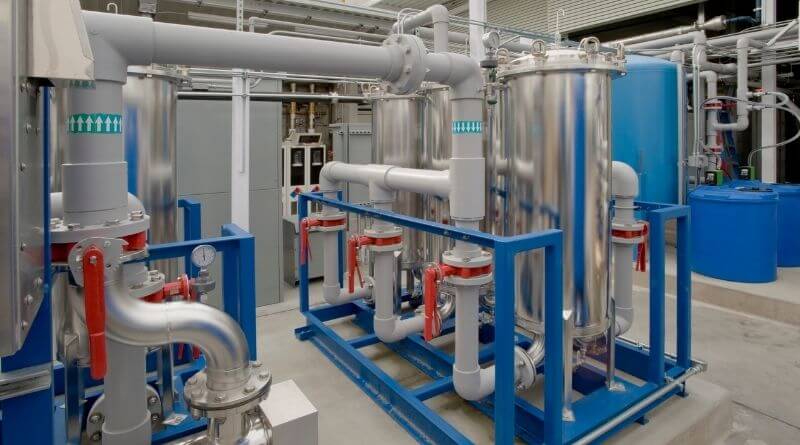Most companies pay significant attention to industrial filtration because it is one of the essential processes in industrial manufacturing operations, including landfill gas collections and additive manufacturing. The process is crucial in separating air and gas from contaminants during manufacturing to give pure outputs. In such scenarios, chemical resistant filters are always preferable.
The process is also vital in protecting equipment from harmful contaminants and creating a safe working environment for employees. The air and gas filtration process must remove all possible contaminants to give desirable and usable products.
But is that possible? The answer is ‘yes’; it is possible to have suitable industrial filtration fabrics to enhance manufacturing.
There are varieties of industrial filtration fabrics in the market. However, if you are not sure whether you can choose the right ones on your own, then it would be better to consult professionals to guide you appropriately.
Some of the best fabrics for industrial filtration applications that you will find in the market include:
Precision Filter Fabrics
Precision filter fabrics are essential in the industrial separation of solids from liquids during manufacturing. Most manufacturers prefer filter precision fabrics because they are used in several industries, including food processing, automotive, paint and chemicals, cosmetics, and pharmaceuticals.
What is interesting with these fabrics is that you can assemble them in the form of filter press cloths, filter bags, and other special sizes suitable for the manufacturing process.
The filtration fabrics have unique characteristics that make them suitable for their functions. Some of the essential features include:
- Uniform filter pore sizes and high filtration accuracy,
- High-temperature resistance,
- High strength, and not easy to distort,
- Large flux and small filtration resistance,
- Long service life, and strong dirt interception ability,
- Alkali, acid, and other chemical solvents,
- High cleanliness filter material with no pollution to filter media,
- Affordable in terms of price and operation cost, and
- Easy to clean and replace in case of any defect.
Precision fabrics are made from standard materials, including polypropylene PP, Polyethylene PE, Polyamide PA (nylon), and polyester PES to ensure they operate efficiently.
Non-Woven Filter Fabrics
Manufacturers prefer non-woven filter fabrics because they are suitable for industrial liquid and air filtrations. In addition, they are economical, single-use, and unique. Moreover, they have low weight and high filtration capacity to ensure an effective filtration process.
Non-woven filter fabrics are used for separating solids from liquids in the food and beverage, pharmaceutical, paint and chemical, and cosmetics industries. Non-woven filter fabrics are also suitable for the filtration of coolants and oils in the mechanical industries. For example, the filter fabrics are accustomed to vacuum and gravity filters and have filtration units to filter oils in engines for effective manufacturing.
The non-woven filter fabrics, just like the precision filter fabrics, can also be welded, over-molded, or glued to strong support to operate without any problem. The filter fabrics are hunted in the market because they are affordable and can be used in air filtrations, including industrial filter pads, vacuum bags, oil filters, and vehicle cabin filters.
The non-woven filter fabrics have some unique performance characteristics, including:
- High solid retention capacity,
- High chemical compatibility,
- High filtration efficiency,
- The less blinding tendency,
- High permeability,
- Good cake discharge,
- There is no limitation for thickness,
- High production rate, and
- Continuous process line.
Another essential thing about the non-woven filter fabrics is that they are single-use and can operate with filtration ratings of 1 micron to 250 microns in wet environments. However, you can regenerate them during dry environments using a simple blow cleaning.
It is also essential to understand that each type of filter fabric corresponds to specific technicalities to industrial problems. However, the non-woven fabrics, just like the precision filter fabrics, have no bias in any approach or technical solution you choose.
You can also consult experts concerning technical and economic elements of your industrial filtration requirements to have the approach that fits your needs to guarantee successful operations.
Your choice of filtration fabrics will depend on the filtration ratings, usually 1 micron or 4000 microns, and other external elements of filtration such as temperature, fluctuations of pressure, chemical compatibility, mechanical resistance, and service life.
Depending on what is suitable for your industrial filtration, the factors will determine whether you need the precision filter fabrics or the non-woven filter fabrics.









